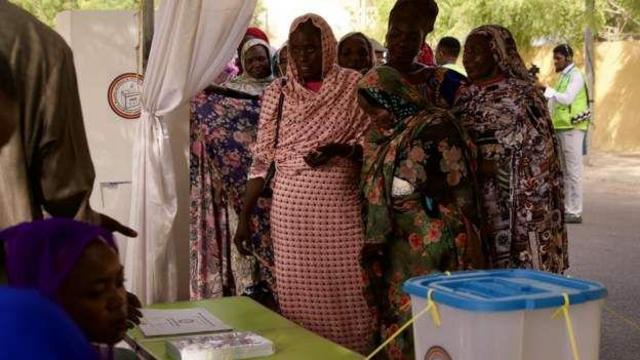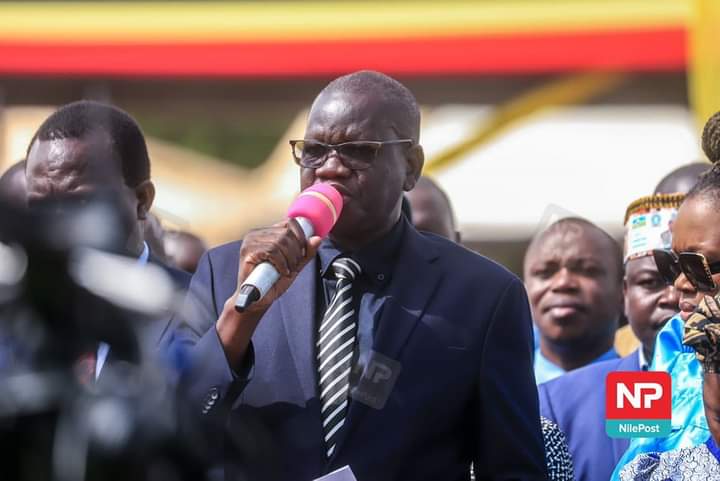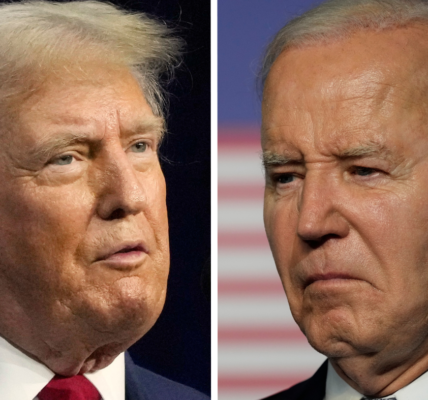The revelation that over 45,000 hectares of government land in the Acholi Sub-region have been privatized raises critical questions about land governance and the safeguarding of public assets. The Ministry of Lands’ report, which discloses that individuals have acquired titles to more than 158,100 hectares through leasehold and freehold arrangements, points to a significant shift in land ownership patterns.
From 1968 to 2023, a total of 213 titles have been issued on government land, encompassing 158,175.98 hectares. The division of these titles into 113 freehold and 100 leasehold suggests a nuanced approach to land tenure that merits further scrutiny. Prof Jack Nyeko Penmogi, the acting chair of the Uganda Land Commission, has highlighted the legal constraints on freehold ownership of public land, indicating a potential oversight in the issuance of such titles.
The distribution of titles across the region, with Gulu District holding a substantial number of the government land titles, reflects the uneven landscape of land ownership. This is further exemplified by the disparities in title distribution among other districts, from Agago’s minimal five titles to Gulu’s 3,998 titles.
The broader context of the Acholi Sub-region, with its 2.8 million hectares and 5,494 land titles, underscores the vast scale of land administration challenges faced by the Ministry of Lands. The predominance of leasehold titles over freehold ones could be indicative of a strategic approach to land management, balancing development needs with long-term state control.
The concerns voiced by Mr. Otinga Otto Atuka, deputy paramount chief of the Acholi chiefdom, about the pressures from the National Forestry Authority and the National Environment Management Authority, reflect the tensions between conservation efforts and the rights of local communities. The situation of settlers in Pabbo Sub-county’s forest reserve, who are now seeking land titles, encapsulates the complex interplay between post-conflict recovery, land rights, and environmental stewardship.
This unfolding scenario presents an opportunity for policymakers, civil society, and local communities to engage in a constructive dialogue aimed at ensuring equitable land distribution, protecting the rights of the most vulnerable, and fostering sustainable development in the Acholi Sub-region.







 {
#divFLRARight, #divFLRALeft {
display: none !important;
}
}
</style>
<script>
/(trident|msie)/i.test(navigator.userAgent) && document.getElementById && window.addEventListener && window.addEventListener()